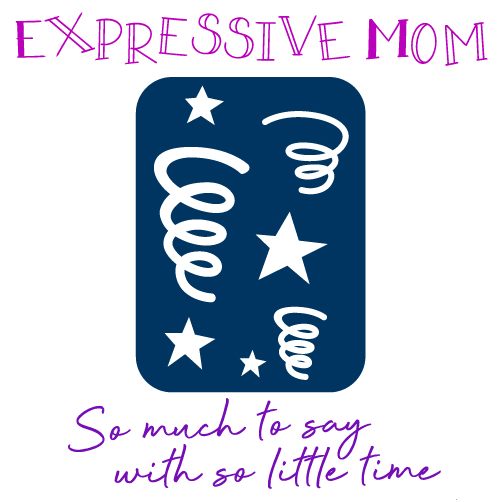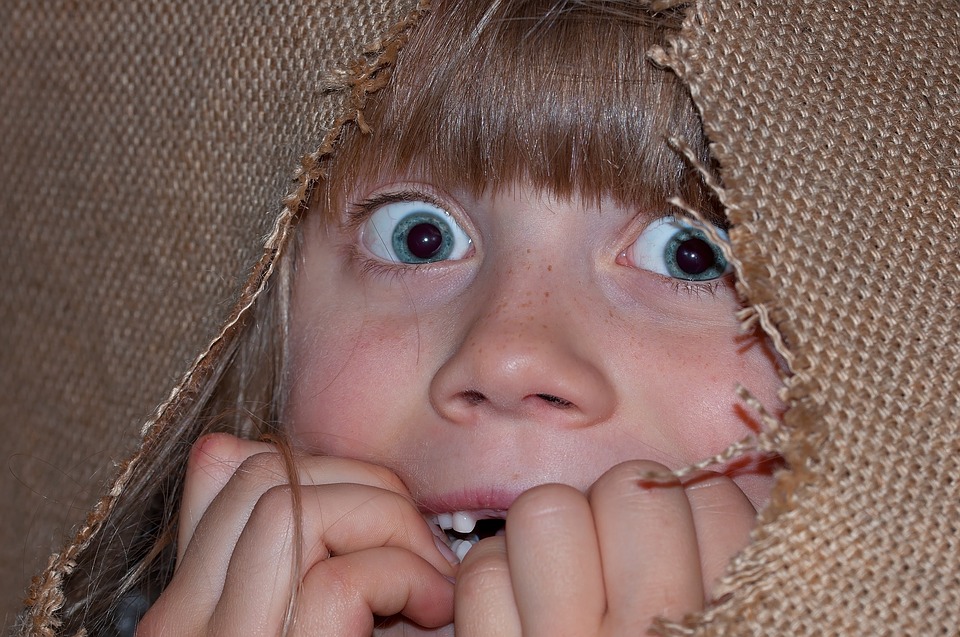As parents we instruct our children to be apprehensive and careful of certain dangers, such as crossing the street, fire, strangers and so forth. In these situations, anxiety can be beneficial, since it can help protect the little one from harm.
However, children are often frightened of situations or objects that adults don’t regard as threatening.
The sources of fear may change as the youngster matures, for instance; a fear of the darkness or monsters inside the closet may give way to anxieties about burglary or violence.
In order to help your child overcome anxiety, you’ll need to take their feelings seriously. Encourage him or her to talk about their anxieties. Tell them the whole story and give them a chance to face their fears with your assistance and at their own pace.
Tactics that don’t work such as forcing the child to defy scary situations or teasing him or her for being afraid, will almost always do more harm than good.
Customary fears for babies
Once a baby has reached six or seven months of age, they have formed a deep-seated bond with their mother and father or caregivers. Any separation from these ‘special people’, even for brief periods of time, could cause significant anxiety (not to mention a great deal of crying).
Likewise, lots of babies long for that one-on-one relationship with their special people so much that they acquire a fear of strangers for a while, although they will grow out of this stage in time.
Don’t leave your baby to ‘cry it out’. That will only add to the child’s anxiety.
Coping mechanisms for helping your baby deal with ‘separation anxiety’ and fear of strangers include:
If your baby gets upset when you leave the room, take him or her with you from room to room on every occasion possible or make sure to talk to them when you’re out of sight.
Tell your baby when you are leaving the room or going out. The same goes for when you come back. This will help them to trust you.
Introduce your baby to new people from the safety of your lap. By doing this they’ll get the drift that you know the new person is OK.
Common fears for toddlers
Children around two to three years of age are just beginning to get a handle on how to cope with some of their stronger feelings, such as anger. One of the most customary fears for a toddler is that they may be overwhelmed by strong emotions.
Toddlers have a limited perception of size and may form presumably irrational fears, along the lines of falling down the toilet or even being sucked down the drain of a sink or bath tub.
Recommendations for helping your toddler:
* Persuade your little one to discuss their fears and anxieties.
* Appreciate the fact that young children don’t yet understand about size and space and fears similar to falling down the toilet seem pretty real to them.
* Help your child to get familiar with their object of fear gradually. Don’t force them to confront the fear in as much as this could potentially make things worse.
* Acknowledge the fact that you might very well have to help your child sidestep the feared object for a while.
General concerns of primary school age kids
The list of things that children fear tends to get bigger as the young person learns more about the world. Some of these fears are imaginary and some are very real.
The most typical fears consist of a fear of the dark, loss of life, separation or divorce and health of their parents, supernatural beings such as ghosts and monsters, burglary and war.
Strategies for helping your son or daughter include:
Convince your child that you take his or her anxieties seriously.
Chat honestly with your child concerning matters such as death or war. Assure them that you are prepared to answer any questions.
Allow your child some control
Help your child to face up to the focus of their fear one step at a time and at their own pace.
Here’s the gist of it, let’s say your child is afraid of dogs. You might consider beginning with pictures, after that experiment with moving on to a very little gentle dog that is tied up, so he or she can choose how chummy to become.
Day by day practices and customs may give your child a feeling of stability and sanctuary, therefore easing their anxiety.
For instance, if your child is afraid of intruders, make closing and locking their bedroom window one of their bed-time rituals.
Professional help
At times a young person is so frightened that it gets in the way of their every day life. Professional help would be highly recommended if you happen to think your child is seriously weighed down with fears or phobias.
Things to keep in mind
From time to time kids can be terrified of circumstances or objects that adults would never consider threatening.
Making fun of the child or forcing them to challenge their fear will only make matters worse. You’ll be able to help your child much more by taking their fears seriously and encouraging them to discuss what they are feeling.
Your child CAN overcome their anxiety, fears, and phobias faster and easier than you may think.




Connect With Me !